
Where to train your Puppy Home or Away
One of the major benefits of home training is that it is private so you and your trainer can focus on the things you particularly want your puppy to focus on
Read more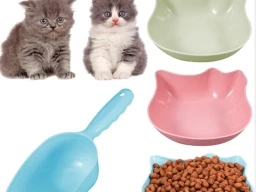
Bowl feeding kittens
Keep in mind the age and health of your kittens, as different feeding strategies may be appropriate for growing kittens versus adults.
Read more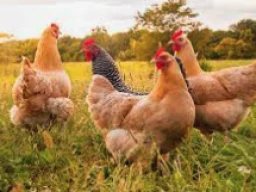
Raising Chickens for Homeowners in South Africa
This guide will cover essential aspects of chicken care, including setting up a coop, feeding requirements, egg production, managing their access to your garden, protecting them from predators, and ensuring their healthcare needs are met.
Read more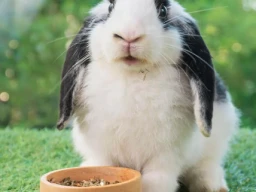
Buying Bunnies, Does and Donts
By providing proper housing, a balanced diet, mental and physical stimulation, and preventive veterinary care, you can help ensure that your rabbits live happy and healthy lives.
Read more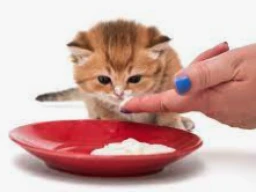
Weaning Cats off Milk, Substitutes, Timing, and Considerations
Successfully weaning kittens off milk involves gradual introduction of suitable substitutes such as kitten formula and wet kitten food, starting around 4-6 weeks of age.
Read more
Physiotherapists for dogs
Veterinary physiotherapy can be a valuable tool in enhancing your dog's overall health and well-being when used in conjunction with traditional veterinary care.
Read more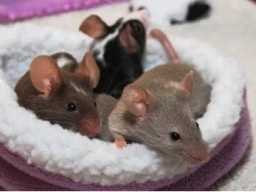
Mice as Pets
Mice are trainable, and can be trained to be disciplined as well as how to handle food
Read more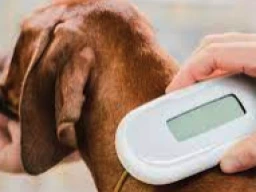
Microchipping your dog
Microchipping is a safe and effective way to ensure that your dog can be identified and returned to you if it ever becomes lost or separated from you
Read more
Pros and Cons of feeding raw dog food
It is important to note that raw and frozen dog food diets are not suitable for all dogs.
Read more
Tick Flea and worming products for cats
Ultimately, the choice between natural and commercial products depends on your cat's individual needs and your comfort level with different options
Read more
Furballs/Hairballs the cause and how to cope
If you have concerns about your cat's health or if hairballs persist despite your efforts, it's essential to consult with your veterinarian for a thorough examination and personalized advice based on your cat's specific needs.
Read more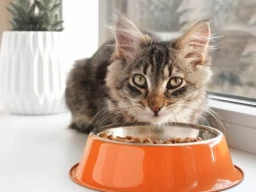
Veterinarian prescribed cat food, why?
Veterinarian-prescribed cat food, often referred to as prescription or therapeutic diets, serves specific nutritional purposes and is recommended for cats with various health conditions.
Read more
Transporting a cat
Cats often find travel stressful, so it's important to minimise their discomfort as much as possible.
Read more
Capturing the Essence: The Art of Pet Photography
pet photography is more than just a hobby; it's an art form that allows us to celebrate the beauty and joy that our pets bring into our lives
Read more
Pet Stores
When purchasing a pet it is important to make sure that the pet store you choose to use is one you feel confident and comfortable with.
Read more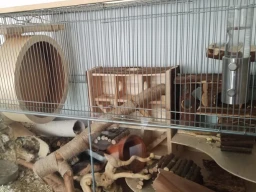
Buying Gerbils and all that is involved
By providing a suitable cage, a balanced diet, regular veterinary care, and opportunities for mental and physical stimulation, you'll be on your way to ensuring a happy and healthy life for your gerbils.
Read more
Dogs Bowls
Some dogs may prefer a certain type of material or design, while others may be perfectly content with a simple, no-frills bowl.
Read more
Delightful Delicacies: A Guide to Puppy Treats and Milk
Opt for treats that are small in size and easy to chew, especially for younger puppies with developing teeth and jaws.
Read more
Preserving Memories: The Magic of Pet Portraits
Pet portraits are more than just paintings; they're tributes to the special bond we share with our pets
Read more
What to feed my Horse and Pony
It is important to consult with a veterinarian or equine nutritionist to determine the most appropriate feed and grain options for your individual horse or pony based on their age, breed, weight, and activity level.
Read more